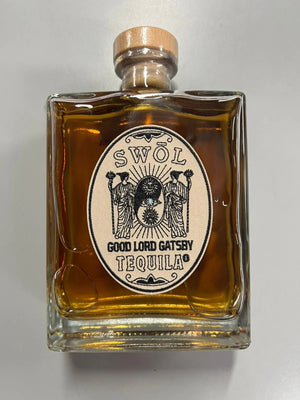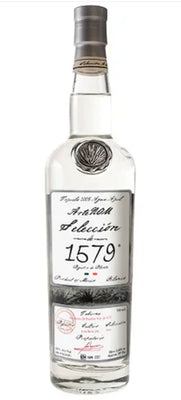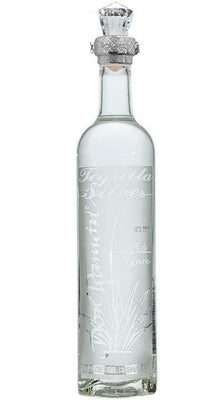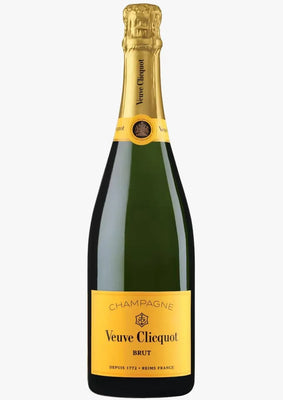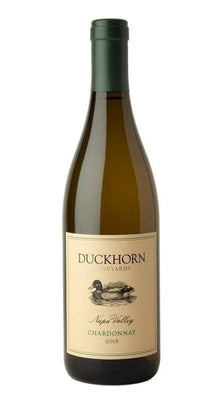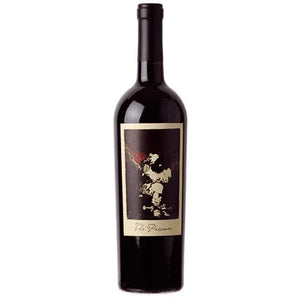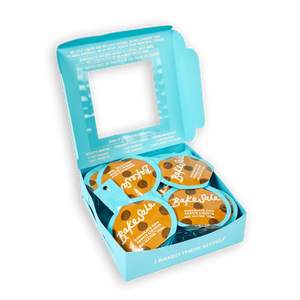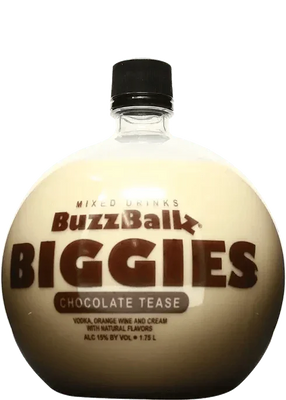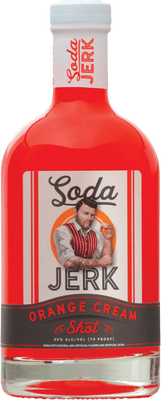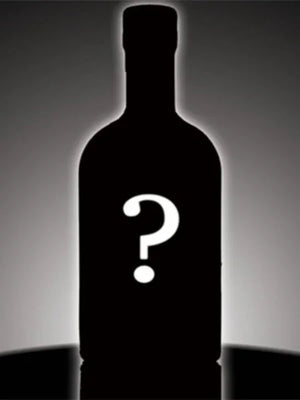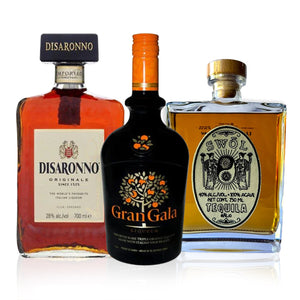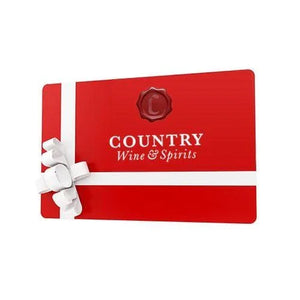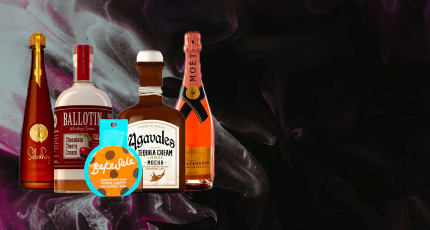When it comes to liquor, older means better. At least that is what we have been made to believe, essentially when it comes to single malt scotch.
If we believe that an 18-year-old scotch is better than a blended one, it is the result of the recent efforts by the Scotch industry. Making a hierarchy based on the maturity of the drink helped Scotch distillers make consumers think about the time and effort that went into producing an 18-year-old whiskey.
Over the past few years, Canadian, Bourbon, Irish, Scotch, Japanese, or any type of whisky have become much popular, even to a point where there is not enough supply of the drink to cater to the needs of whisky enthusiasts. This is where the No Age Statement (NAS) whiskies enter in the scene, and there is no shortage of NAS whiskies now.
Laphroaig introduced the Quarter Cask when their reserve of 10-year-old bottles started to finish. Macallan was one of the pioneer brands to replace their core segment of age statement drinks with the color-coded 1824 series.
Ardbeg is another distiller to release NAS whiskies like Supernova, Dark Cove, and Perpetuum. They have made incredible success with these NAS brands. They also have brands like Suntory Toki and Hibiki Harmony. Even the premium branded whiskies are now available without an age statement like the Macallan Edition No. 2 and Laphroaig Lore.
Dan Volway, who is the Canadian brand ambassador for whisky brands like Highland Park and The Macallan says that it has been a big challenge to convince users that the removal of age statements does not point to a drop in quality of the drink.
“Even before we had the [1824 series] whiskies in the market, there was a lot of hate mail and bashing on the internet. People are still very confused, but they’re coming around once they try them,” Volway said. “The assumption was that we’d release young whiskies, but this is still Macallan. We haven’t changed the way we make our whisky.”
Though the acronym NAS is very new, whiskies without any age statement have always existed. Take blends for instance. Blends have existed for many years and still make up over 90 percent of the Scotch sales.


